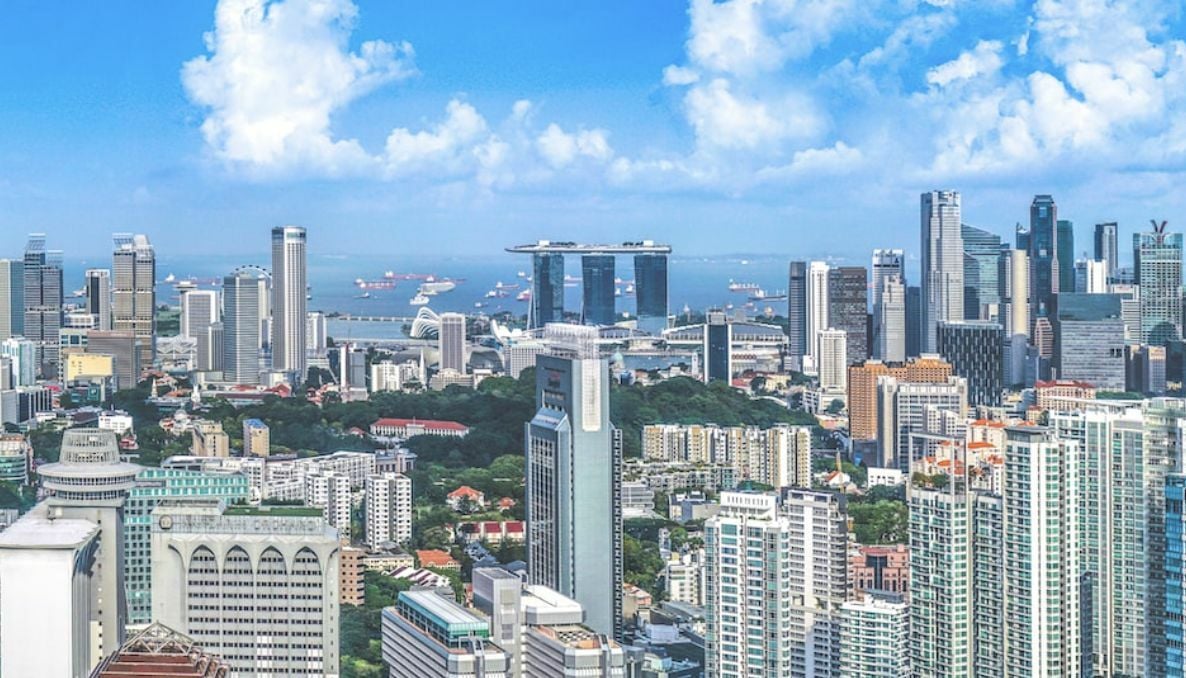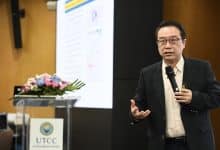Singapore at high risk of technical recession amid external challenges

Singapore is facing a heightened risk of entering a technical recession in the second quarter as external challenges continue to impact the economy. The city-state saw a 0.4% decline in the economy during the first quarter compared to the previous three months, marking a reversal from the 0.1% growth in the fourth quarter of 2022. Singapore last experienced a technical recession in the second quarter of 2020 due to the Covid-19 pandemic.
Despite year-on-year growth of 0.4% between January and March, the nation’s reliance on trade has been affected by a global economic slowdown, high inflationary pressures, and a downturn in the semiconductor industry. Singapore’s non-oil domestic exports have suffered a seven-month downturn, with forecasts for 2023 downgraded after a weaker-than-expected first quarter.
Shivaan Tandon from Capital Economics said…
“Although it is not our base case scenario, there remains a high risk that the economy slips into a technical recession, either in (the second quarter) or in the second half of the year.”
Tandon cited the fading resilience of advanced economies in the latter half of the year as a significant factor impacting Singapore’s export demand.
Economists Chua Hak Bin and Lee Ju Ye from Maybank predict that the weaker performance in external sectors, such as manufacturing, may offset the resilience in other areas like tourism. They believe that Singapore’s economy may stagnate or enter a technical recession if the anticipated boost from China’s reopening does not materialise in the second quarter.
Domestically, falling inflation is expected to provide some relief for households, but nominal wage growth and employment may experience a sharp slowdown. Tandon noted that higher debt servicing costs due to rising interest rates would dampen consumer spending in the coming quarters and limit consumption activity.
However, some economists remain optimistic, with DBS economist Chua Han Teng not expecting a technical recession and forecasting a 2.2% growth for the full year in 2023. Chua cited the ongoing recovery in travel and the return of Chinese tourists as factors contributing to a robust outlook for the services cluster, particularly in hospitality and tourism.
Yong Yik Wei, chief economist at the Ministry of Trade and Industry, said that while the possibility of negative quarter-on-quarter growth cannot be ruled out, a technical recession is not expected this year. She added that any potential technical recession would be led by the manufacturing sector while consumer-facing sectors and aviation would remain resilient.
Latest Thailand News
Follow The Thaiger on Google News:


























